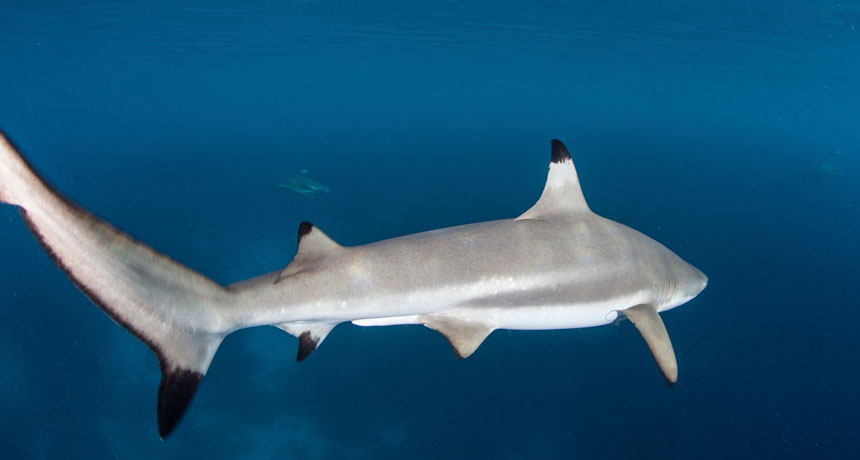Scientists Say: Acidification
This process makes something more acidic

Acidification of the ocean may hurt many of its inhabitants — including sharks.
Velvetfish/istockphoto
This process makes something more acidic

Acidification of the ocean may hurt many of its inhabitants — including sharks.
Velvetfish/istockphoto